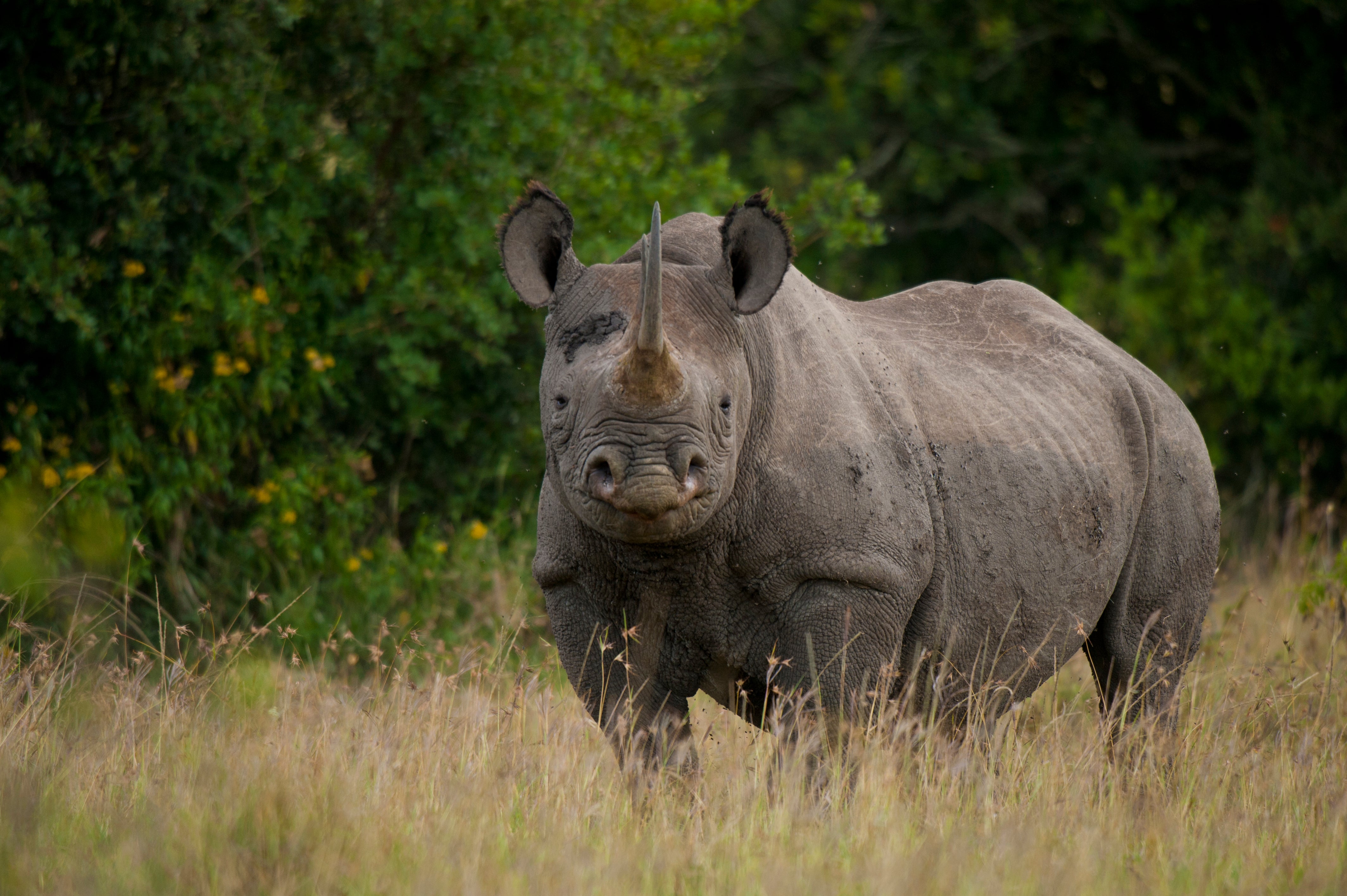Residents in Botswana’s Okavango Delta want to be included in anti-poaching efforts
Local leaders blame increased poaching on lack of community engagement

By Solomon Tjinyeka for INK 24
Rural communities in the Okavango Delta in Botswana have accused the country’s government of not engaging them in efforts to combat rampant poaching in the area.
Since 2018, more than 100 rhinos have been gunned down by poachers in the Delta and communities in the region say the situation might have been better had the government engaged them in anti-poaching work.
Luke Motlaleselelo, Councilor for Bojanala ward in Maun West constituency, told INK24 that the government’s anti-poaching strategy is being compromised by the lack of community involvement.
He said this could explain why the government's efforts to combat poaching, especially of rhinos, continue to be unsuccessful.
Motlaleselelo also said there is no engagement between law enforcement officers and the communities in the Delta. This, he continued, has compounded matters as rhino and elephant-poaching has skyrocketed.
In fact, he said some people have lost hope in conservation and are engaging in illicit activities such as bushmeat hunting for survival. They don’t see direct benefits from wildlife management, which leads some community members to cooperate with the poachers who hunt game in their concession.
Motlaleselelo’s ward consists of a few ungazetted settlements inside the Delta such as Ditshiping, Xaxaba and Qouxao, that form part of Okavango Kopano Mokoro Community Trust (OKMCT). OKMCT is the custodian of an area of land known as NG 32 Concession, which hosts endangered species including rhinos and elephants that continue to be targeted by poachers in the Delta.
Motlaleselelo said he has pleaded with the national Department of Wildlife and National Parks many times to engage the community in anti-poaching activities in the Delta, as they are the custodians of the concession but his requests were turned down on account of ‘security reasons’.
Another instance of exclusion occured in 2013, when white rhinos from South Africa were relocated to the Okavango Delta without the knowledge of its residents, as the mission was carried out secretly.
The outspoken Councilor, however, noted that they do not necessarily want to know how law enforcement officers combat poaching in the region. Rather, they want a community engagement strategy, so that people can take ownership in managing and protecting their natural resources.
He lamented that community members are only approached after poaching incidents, when law enforcement officers want their assistance in tracking down poachers. ‘This is pointless because the community would not have known from the beginning how to be vigilant in identifying poachers,’ he decried.
Motlaleselelo said there are OKMCT ‘community guides’, who are mandated to undertake anti-poaching activities in the concession, but they have been ineffective because law enforcement officers do not involve them.
He added that there is animosity towards law enforcement officers, as soldiers from the national army, the Botswana Defense Force, have been accused of assaulting residents and confiscating their fishing nets and boats.
Professor Joseph Mbaiwa of the Okavango Research Institute (ORI) highlighted that partnership between government and the communities in anti poaching is critical.
‘That’s why the Community-Based Natural Resource Management (CBNRM) approach was initiated. CBNRM is all about involving communities in natural resource governance and benefits, and this includes anti-poaching,’ he stated, adding that conservation in wildlife areas cannot succeed without the involvement of local communities.
Mbaiwa stressed that Botswana made a mistake by removing local community participation from wildlife management, especially when hunting was suspended in 2014.
He criticized the centralization of wildlife management, saying that it antagonized local communities, even leading some former licensed hunters to illegal poaching and assisting hunting gangs from outside the country.
The Department of Wildlife and National Parks had not responded to our questionnaire at the time of going to press.
This article is reproduced here as part of the African Conservation Journalism Programme, funded in Angola, Botswana, Mozambique, and Zimbabwe by USAID’s VukaNow: Activity. Implemented by the international conservation organization Space for Giants, it aims to expand the reach of conservation and environmental journalism in Africa, and bring more African voices into the international conservation debate. Read the original story here.

Join our commenting forum
Join thought-provoking conversations, follow other Independent readers and see their replies